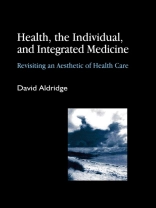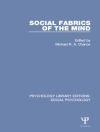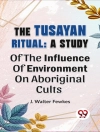How do we decide on the most effective way to heal ourselves or our patients? Complementary therapies are a vital part of any integrated approach to health which incorporates specialist and layperson knowledge. In this book, David Aldridge examines cultural understandings of illness and medicines. He provides a critique of orthodox methods used to assess treatment, and advocates a more pluralistic approach to medical research and practice, encompassing the physical, psychological, spiritual and social dimensions of a person’s life.
To assess medical research in a range of situations, Aldridge examines how asthma can be treated by acupuncture, how communities cope with terminal cancer and how music therapy and spiritual healing can be used. In a positive move to improve current healthcare systems, Aldridge suggests guidelines for medical education and research. Doctors and other healthcare professionals, academics, students and people undergoing treatment themselves will be inspired by this direct, thoughtful and practical guide to research in current healthcare practice.
David Aldridge is the author of a number of books within related fields such as Spirituality, Healing and Medicine: Return to the Silence and Music Therapy Research and Practice in Medicine, both published by Jessica Kingsley Publishers.
Inhoudsopgave
Foreword. 1. Making and taking health care decisions. 2. Lifestyle, charismatic ideology and a praxis aesthetic. 3. The clinical assessment of acupuncture for asthma. 4. Of ethics and education: strategies for curriculum and development. 5. Aesthetics and the individual in the practice of medical research. 6. Clinical research, the individual patient, and the limits of randomised controlled trials. 7. A community approach to cancer in families. 8. Music therapy references relating to cancer and palliative care. 9. Music therapy and spirituality: A transcendental understanding of suffering. 10. Prayer and spiritual healing in medical settings. 11. A qualitative research perspective on healing. 12. The breath in healing. 13. Music therapy and neurological rehabilitation: Recognition and the performed body in an ecological niche. 14. Guidelines for Clinical Research. Conclusion. References. Index.












